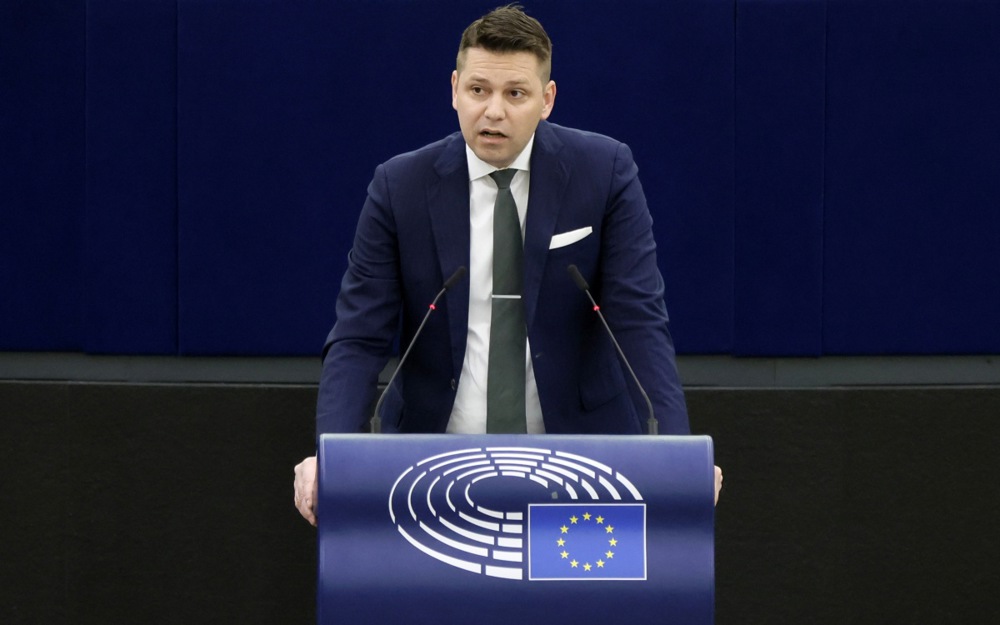The European Parliament has kicked out Amazon lobbyists who had permanent access badges to European Union buildings but had refused three requests to tell a parliamentary committee about working conditions at the US tech giant’s warehouses.
Amazon declined requests in January this year and May 2021 to discuss employment conditions in its EU warehouses with members of the Employment and Social Affairs (EMPL) committee.
In December 2023, the e-commerce multinational also told committee members it was “impossible” for MEPs to visit its German and Polish warehouses.
The European Parliament’s transparency register indicates that 14 Amazon lobbyists held access badges to its premises in February.
“Amazon treats all regulators and governments with contempt, frankly,” said Cori Crider, a UK lawyer and founder of the non-profit outfit Foxglove.
It was “so refreshing to see the EU pushing back,” she added.
Barring lobbyists is a sanction the European Parliament has only applied once before.
“Only Monsanto experienced the same, in 2017,” said Alberto Alemanno, a professor of EU Law at HEC Paris.
The latest incident also provides an insight into the sheer scale of major lobbying operations.
Amazon spent €3 million lobbying the European Parliament in 2022, according to the European Parliament transparency register, part of an overall €18.8 million effort to try to influence European institutions since 2013.
That amount may be an underestimation of the scale of Amazon’s activities, which critics argue include undeclared relationships with several think-tanks.
The US firm’s official lobbying budget was “seemingly too low”, a group of civil society organisations and trade unions said in a February 12 letter to the European Parliament President Roberta Metsola.
“EU policy making is not for sale,” remarked Esther Lynchs, General Secretary of the Brussels-based European Trade Union Confederation.
MEPs asked the European Parliament to withdraw the access badges after “Amazon’s repeated refusal to attend EMPL hearings”, the parliamentary committee President Dragos Pîslaru said in a letter to Metsola.
A majority of the European Parliament’s political groups then decided in favour of Pîslaru’s request at a meeting of group presidents February 21.
Amazon said in a statement on its website it was “disappointed” by the decision.
The company added, referring to the January 2024 committee panel it had refused to attend, that it had “declined to participate in a session that was clearly one-sided”.
MEPs’ requests to visit its warehouses came in December during its “retail peak season”, it said.
That showed the company was attempting “to avoid the much-needed democratic scrutiny”, according Danish MEP Nikolaj Villumsen.
“Amazon treats our democratic institutions like it treats us, its workers: with contempt,” agreed Gianpaolo Meloni, an Amazon employee and European Works Council member.
In January, Amazon lobbyists held nine meetings with MEPs, according to the transparency register.
These included one held the day after the committee hearing that the company had declined to attend.





